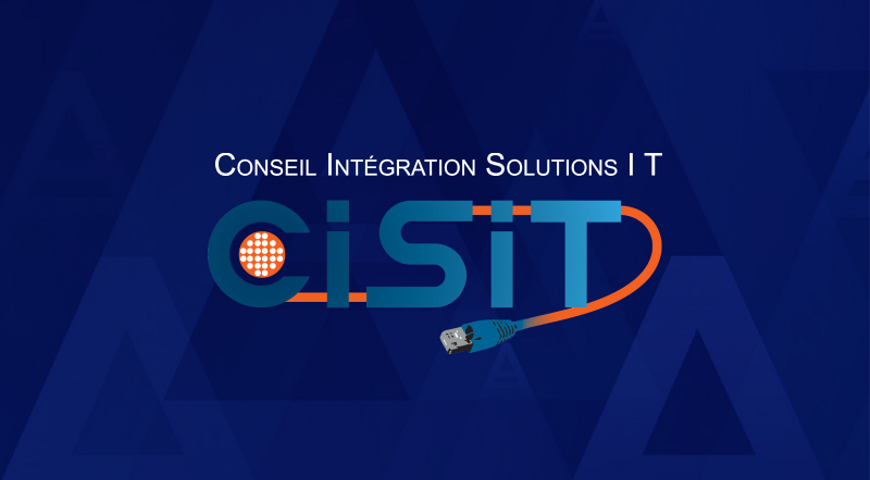IDC recently upgraded their 2020 forecast for storage growth from 40x to 50x of what we have now, saying there will be 6.6 zetabytes of digital stuff, or almost two desktop drives fully loaded with data for every single person in worldwide population then. Not easy to believe? Take a short story for example. Every time I have a lecture on cloud storage for IT pros of financial institutions, I bring my fresh version of the PPT on a USB stick, copy it to a presenter’s PC, make some edits and send it over to a dozen attendees creating up to 20 copies of the original almost instantly. With all lectures past and many still to come, hundreds of copies will end up on peoples’ desktops and in their mailboxes.
Redundant copying of data, backup and archiving routines and compliance requirements, surveillance images and machine generated data will contribute to enterprise storage growth considerably. Smartphone adoption, internet usage and proliferation of digital media will do the same for consumer data. And nearly 40% of all data will be in the cloud. For sure, cloud service providers will enjoy a tremendous opportunity to provide home for these massively growing amounts of data. But at what cost? Todays storage hardware are designed around hard disk drives, which now store and will continue to store 95% of all digital data. So hardware’s reliability and expansion mechanisms are supposed to operate on a level of an individual drive.
This was ok for a single server or even a rack, but when you have petabytes worth of data and many hundreds of drives, taking care of every single drive becomes quite a hassle. It is like if you had to build a skyscraper out of small Lego bricks instead of huge concrete blocks. And Google findings reveal that 5% drives fail in the first year. So replacing drives every day would result in huge increase of maintenance labor and considerable threat to data integrity because the more and larger drives there are the more chances are that a few will fail before data gets copied to a new drive in a RAID.
Undetected or silent corruptions (happening to each one in 90 drives according to NetApp) are another threat that cannot be mitigated by traditional hardware. Software mechanisms for storage protection and expansions had to be created to allow providers manage unprecedented growth of data today. The idea behind this is to eliminate hardware storage bottlenecks by implementing scalability, reliability in a software layer that can run on arbitrary hardware. This hardware does not need to be overly expensive, as the software now takes care of protecting and restoring integrity of data, migrating data and tuning storage performance. All drives in a software-enabled storage are interconnected and can exchange portions of data during self-healing, rebalancing and optimization.
In terms of efficiency advantage you may think of it as you think of integrated circuits replacing individual transistors during last century’s microprocessor evolution. Efficiency of software defined storage does not only come from the management side. Using commodity hardware and being able to scale-up, down and out in small chunks (to a level of dozen of hard drives), provides storage provisioning costs efficiency and TCO advantage at levels not achievable by hardware.
The history of Acronis Storage began in 2008 when we evaluated options for online backup storage. Unavailability of reasonable alternatives from hardware vendors and cloud providers at that time lead us to create something that the industry would later call software defined storage. In 2009 we launched service in commercial production in our datacenters and since then continuously developed and increase capabilities of the software in cooperation with datacenter service providers who became for us the first customers.
Acronis Storage today securely and reliably hosts multiple petabytes of customer data in three global datacetners. Five years of continuously adding servers and replacing drives helped us focus on ease of management and expansion. Our core expertise in solutions for medium business help to build an intuitive management console that does not require any advanced expertise in Linux, operating systems or storage.
Acronis Storage is launched at VmWorld Barcelona and is available for evaluation HERE.
About Acronis
A Swiss company founded in Singapore in 2003, Acronis has 15 offices worldwide and employees in 50+ countries. Acronis Cyber Protect Cloud is available in 26 languages in 150 countries and is used by over 21,000 service providers to protect over 750,000 businesses.



